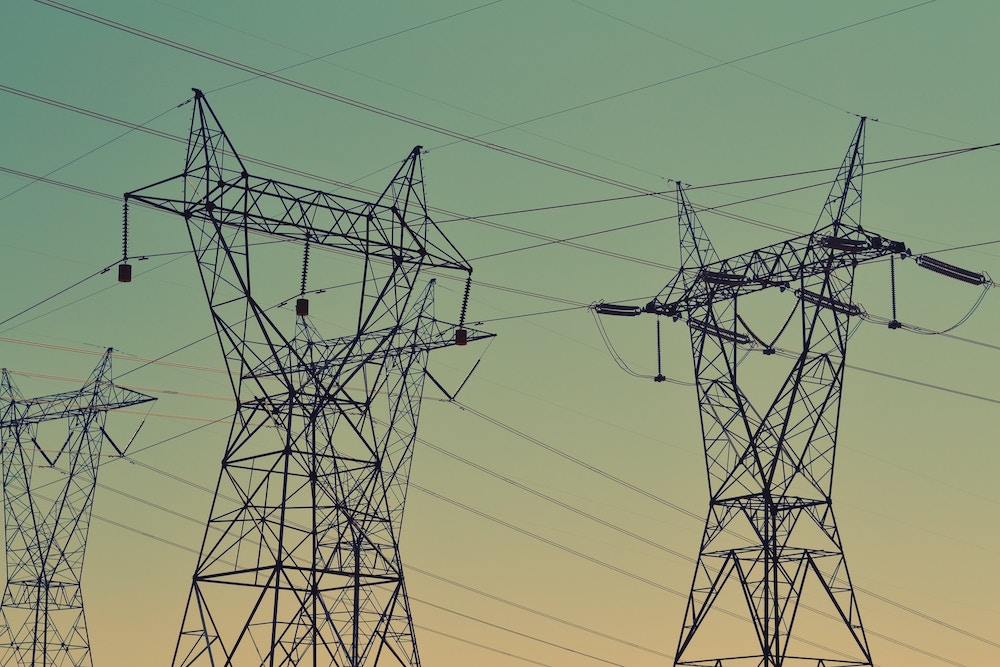
- Details
- By Chez Oxendine
- Energy | Environment
The Federal Energy Regulatory Commission (FERC) will host tribal consultation and take a look at financial barriers between tribal utilities and the power grid, following a petition from the nonprofit Alliance for Tribal Clean Energy.
The Alliance reached out to FERC in late August with concerns around the Large Generator Interconnection Procedures (LGIP), the process by which new utility-scale operations are connected to regional power grids. In its petition, the Alliance requested expedited rulemaking and proposed changes that would defer the timing for tribal energy developers to post financial deposits and exempt them from certain penalties.
In response, FERC issued a public notice on Sept. 3 that invited public comments and gave notice that it would host tribal consultation in line with agency policy. FERC wrote that it will issue a future notice with further details on the consultation.
One of the major challenges facing new generating facilities is the backlog in connecting to the grid. According to a comment FERC Chairman Willie L. Philips delivered at a recent event, the wait time is currently over five years.
In July 2023, FERC issued a new rule around interconnectivity queues to ease some of the strain on backlogged grid operators. The rule consolidates project studies, which check whether or not the project is viable and can be connected, as well as the impact it will have on the wider grid.
The rule also attempts to curtail the practice of creating interconnection requests without being certain the projects would eventually be built — sometimes called “speculative” requests.. To do so, FERC implemented two requirements. Firstly, aspiring utilities must pay commercial readiness deposits over the course of the application process. Secondly, projects incur withdrawal penalties if a discontinuation causes “material impact” to the cost or timing of other requests.
The Alliance for Tribal Clean energy contends that these fees create huge barriers for tribal projects, and many of them should be waived, per FERC’s page on the subject. In particular, the Alliance has called to waive three of four required commercial readiness deposits and a portion of any withdrawal penalties. Tribes, the Alliance asserts, are not in the position to make speculative connectivity requests.
The deposits were meant to curtail speculative entries, but for tribal entities they really create these “insurmountable barriers,” according to Chéri Smith, president and CEO of the Alliance for Tribal Clean Energy.
“Tribes aren't building these projects to make money as their first and foremost intent - it's to regain some of the revenue they've lost by disappearances of fossil fuel jobs and revenues,” Smith told Tribal Business News. “We're not speculating or throwing a bunch of spaghetti at the wall and seeing what sticks.”
The commercial readiness fees could total millions of dollars, Smith said. For tribes with smaller yearly budgets, that simply removed interconnectivity as an option. She pointed to the Hopi Tribe, in the midst of a push to transition from coal to solar, and noted that their interconnectivity request would have cost them $7.5 million under the current rule. The tribe’s yearly budget is $16 million, Smith noted.
Covering the deposit eventually led to the tribe receiving a large investment from another tribe, then having that investment underwritten by Wells Fargo to secure the deposit. All of that cut into what would otherwise be profit for the Hopi, Smith said.
“In the case of Hopi, there's no way they're coming up with that much money, so we scrambled to try and find philanthropy to cover that gap,” Smith said. “Those penalties and even the deposits are really burdensome for tribal nations.”
Without lowering those barriers, Smith said, tribes lose out on what could be transformative economic development amid surging clean-energy interest in Indian Country energy.
Utility scale generation represents an opportunity for intense economic development and energy independence, Smith said, adding that current regulations don’t account for some of the unique historical challenges tribes have faced.
“Think about this, going back to the dawn of electricity generation in our country, many of these transmission lines have been traversing our tribal lands, and many, if not most, tribes have been unable to access those lines that go right through their sky. Now, tribes are speaking up and demanding that these grid operators allow interconnection to the grid,” Smith said.
FERC opened public comment on the matter through a page on its website, as well as inviting comment via postal mail. The comment period continues through 5 p.m. EST on Nov. 4.
In the notice, FERC encouraged electronic submission of comments in lieu of paper using the “eFiling” link at http://www.ferc.gov. Persons unable to file electronically may submit a paper copy. Submissions sent via the U.S. Postal Service must be addressed to: Debbie-Anne A. Reese, Acting Secretary, Federal Energy Regulatory Commission, 888 First Street NE, Room 1A, Washington, DC 20426. Submissions sent via any other carrier must be addressed to: Debbie-Anne A. Reese, Acting Secretary, Federal Energy Regulatory Commission, 12225 Wilkins Avenue, Rockville, Maryland 20852.
